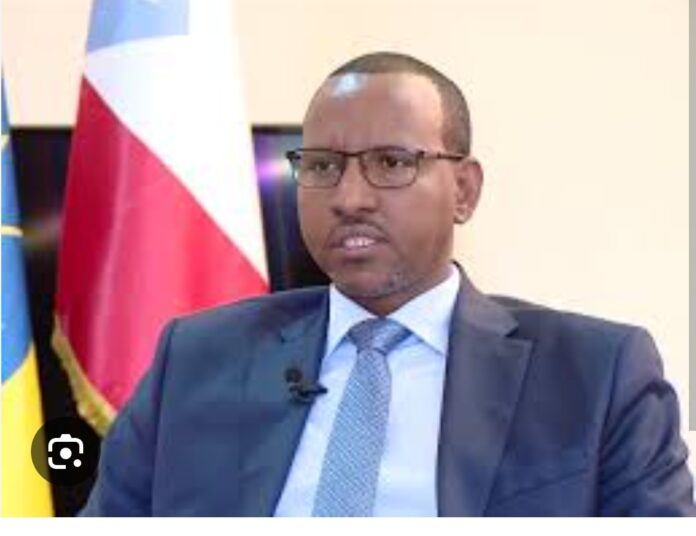The recent appointment of Adan Farah, a Somali individual as the Deputy Prime Minister of Ethiopia marks a significant milestone in the history of the country. This historic event has raised optimism and hope for positive changes in Ethiopia’s political landscape, as well as in the lives of its citizens. The new Deputy Prime Minister has been tasked with overseeing the performances and institutional independences of various democratic institutions in Ethiopia, including the National Electoral Board of Ethiopia and the Ethiopian Human Rights Commission. This pivotal role comes with great responsibility, and the expectations are high for the Deputy Prime Minister to bring about positive changes and improvements in various aspects of Ethiopian society.
One of the key questions that arise from this appointment is, “What is next?” Will the responsibilities of the Deputy Prime Minister extend to regional states, especially the Somali State, and will liberties and freedoms be restored in these regions? Will the situation of press and media be examined, and will their freedoms be authorized to report on issues without fear of censorship or retribution? Will federal member states have the freedom to carry out their duties without interference? Will commerce and trade be liberalized, leading to economic growth and prosperity for all Ethiopians? These are just a few of the important questions that need to be addressed in order to bring about positive change and progress in Ethiopia.
Furthermore, the appointment of a Somali Deputy Prime Minister brings hope for the possibility of ending the civil war that has plagued the country for many years. Will the new government prioritize the restoration of peace and stability in Ethiopia, and will efforts be made to address the root causes of conflict in the region? Will the deteriorated human rights situation in Ethiopia be addressed, and will steps be taken to ensure the protection of all citizens’ rights and freedoms? These are crucial issues that need to be addressed in order to establish a just and democratic society in Ethiopia.
In addition, the appointment of a Somali individual as Deputy Prime Minister raises questions about how neighboring countries will respond to this development. Will Ethiopia’s neighbors have high hopes and support this historic appointment and work towards peaceful coexistence and cooperation in the region? Will peace, law, and order be found, allowing for the development and progress of all countries in the Horn of Africa? These are important considerations that will impact the future of the region as a whole.
Ultimately, the appointment of a Somali Deputy Prime Minister in Ethiopia signifies a significant step towards the creation of a true republican democracy and a government that truly serves the people. It is an opportunity to bring about positive change and progress in Ethiopia, and to build a more inclusive and equitable society for all its citizens. The new Deputy Prime Minister has a critical role to play in shaping the future of Ethiopia and ensuring that the country moves towards a brighter and more prosperous future.
In conclusion, the appointment of a Somali Deputy Prime Minister in Ethiopia is a historic event that has the potential to bring about positive changes in the country. The responsibilities of the Deputy Prime Minister are vast and important, and there are many issues that need to be addressed in order to bring about true progress and development in Ethiopia. By focusing on restoring freedoms, addressing human rights issues, promoting peace and stability, and building a democratic society, the new government has the opportunity to create a better future for all Ethiopians. It is up to the Deputy Prime Minister and the government to seize this opportunity and make the most of it, for the benefit of all citizens of Ethiopia.
Congratulations and good luck. We hope and pray for your success.





